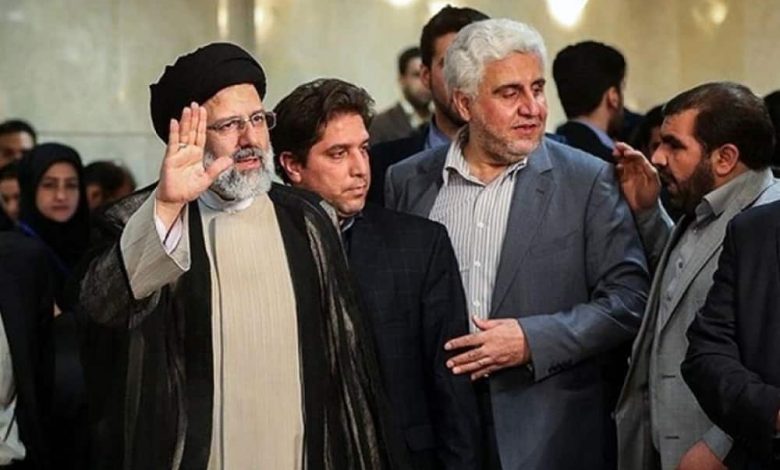Ebrahim Raisi’s Cabinet: Another sign of Systematic Impunity in Iran

Written by
Shahriar Kia
Iranian regime’s new President Ebrahim Raisi began to work on shaping an administration that comports with his own penchant for human rights abuses and terrorism.
Soon after taking office on August 5, the Iranian regime’s new President Ebrahim Raisi began to work on shaping an administration that comports with his own penchant for human rights abuses and terrorism. Accordingly, his choices for the heads of government ministries include individuals with close ties to the Revolutionary Guards Corp as well as other entities that are notorious for disregarding the basic needs of the Iranian people in favor of financing the regime’s pet projects and consolidating wealth into the hands of clerical authorities.
As part of an international summit on Iranian affairs held online in July, the Iranian opposition leader Mrs. Maryam Rajavi predicted that the Raisi era would be defined by unprecedented growth in “hostility and enmity between the Iranian regime and society.” The prospective make-up of Raisi’s cabinet has only reinforced that expectation, and Mrs. Rajavi reacted to the list of names last week by saying that the Iranian people would recognize it as a tool to crackdown on dissent, “plunder the national wealth, step up terrorism and warmongering, and expand the unpatriotic nuclear and ballistic missiles programs.”
How the Islamic Revolutionary Guards Corps IRGC plunders Iran’s economy
“Neither the installment of Raisi nor the collection of murderers and thieves in his cabinet can save the regime from its inevitable overthrow,” she added. The perception of that inevitability has grown substantially in recent years, as popular unrest has achieved new heights of intensity as well as both geographic and social diversity.
Ebrahim Raisi was effectively appointed in advance by the regime’s Supreme Leader Ali Khamenei. Under the theocratic system, all candidates for high office must be vetted for loyalty to the supreme leader, and any serious desire to challenge Khamenei’s choice of president would be considered disqualifying in and of itself.
Recognizing the lack of free choice in this election especially, the vast majority of the Iranian people chose to boycott the electoral process. The voter turnout was less than ten percent, and even regime authorities were forced to acknowledge that the rate of participation was the lowest of any presidential election.
The Iranian Resistance unmasked Raisi as the “henchman of 1988” and called attention to his responsibility for thousands of deaths during the summer of that year.
As Tehran’s deputy public prosecutor at the time, Raisi became one of the key figures tasked with implementing a fatwa in which the regime’s founder, Ruhollah Khomeini, declared that members of the Mujahedin-e Khalq (MEK) were guilty of “enmity against God” and thus inherently subject to the death penalty. Over 30,000 political prisoners were killed over about three months by the “death commissions” of which Raisi was a part.
Raisi, Butcher of 1988 Massacre in Iran
Raisi also oversaw a violent crackdown on another uprising, this one in November 2019.
Therefore, it is not surprising that among Raisi’s cabinet appointments there are individuals who are similarly subject to sanctions by both the US and the European Union, as well as those whose prior roles involved work for sanctioned entities. Raisi’s choice to head the Interior Ministry, Ahmad Vahidi, is even wanted by Interpol for his role in the 1994 bombing in Argentine.
Tehran’s disregard for all of this baggage is a further expression of the “impunity” that Amnesty International said was put on display with Raisi’s “election” itself. In a statement issued immediately after that election, the human rights group lamented the fact that Raisi had become president instead of being prosecuted by the international community for crimes against humanity. That criticism can now be extended to a variety of other Iranian officials who are poised to play substantial roles in shaping the regime’s policies for dealing with its own restive population as well as interacting with the international community.
Considering that protests erupted in Iran the very day after Raisi’s selection and have generally been expanding ever since it is clear that the Iranian people will not turn a blind eye to the regime’s expressions of impunity. Of course, if the international community should stand behind those people, their triumph over the regime would surely prove to be not only “inevitable” but imminent.

